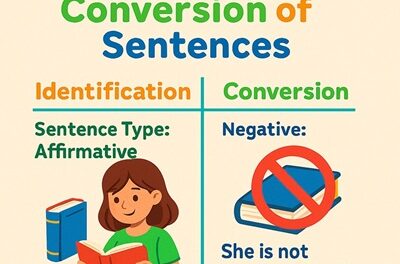The United Nations (UN) stands as a cornerstone of global cooperation, established in the aftermath of World War II with the primary mission of maintaining international peace and security, promoting human rights, fostering social progress, and facilitating cooperation in solving international problems. Founded on October 24, 1945, by 51 countries committed to preventing future conflicts and promoting collective security, the UN has since grown to include 193 member states, making it a truly global organization representing almost every nation on Earth.
At its core, the UN operates based on principles outlined in its founding Charter, which include sovereign equality of member states, peaceful settlement of disputes, and respect for human rights and fundamental freedoms for all without distinction of race, sex, language, or religion. These principles guide the UN’s work across its various organs and specialized agencies, encompassing a wide range of global issues from climate change and sustainable development to peacekeeping operations and humanitarian assistance in crises.
The General Assembly serves as the UN’s principal deliberative body, where all member states have equal representation and come together annually to discuss and make recommendations on global issues. It provides a platform for diplomatic dialogue and consensus-building, allowing nations to voice their concerns and perspectives on matters affecting international peace and security.
Another key organ, the Security Council, holds primary responsibility for maintaining international peace and security. Composed of 15 members, including five permanent members with veto power (China, France, Russia, the United Kingdom, and the United States), and ten non-permanent members elected for two-year terms, the Security Council addresses threats to peace and authorizes peacekeeping missions, sanctions, and other measures to address conflicts and disputes.
The UN’s specialized agencies and programs focus on specific areas of international concern, such as health (World Health Organization), education (UNESCO), and food security (FAO). These agencies work alongside governments, non-governmental organizations (NGOs), and civil society to implement programs and initiatives aimed at achieving sustainable development goals and improving the quality of life for people around the world.
Human rights are a fundamental pillar of the UN’s mission, enshrined in the Universal Declaration of Human Rights adopted in 1948. The Office of the High Commissioner for Human Rights (OHCHR) works to promote and protect human rights globally, monitoring human rights situations, advocating for justice and accountability, and providing technical assistance and capacity-building to countries.
In response to humanitarian crises and natural disasters, the UN coordinates humanitarian assistance through agencies like the United Nations High Commissioner for Refugees (UNHCR) and the World Food Programme (WFP). These agencies provide lifesaving aid, shelter, food, and medical care to millions of people affected by conflicts and emergencies worldwide.
Over the decades, the UN has played a crucial role in facilitating peace agreements, supporting democratic transitions, advancing gender equality, combating infectious diseases, and promoting sustainable development. It serves as a platform for multilateral diplomacy and global governance, striving to address complex challenges that transcend national borders and require collective action and cooperation among nations.
In conclusion, the United Nations remains a vital forum for international cooperation and collective action, guided by principles of peace, security, human rights, and sustainable development. While facing challenges and criticisms, the UN continues to adapt and evolve to meet the evolving needs of the global community, reaffirming its commitment to building a better and more peaceful world for all.
Worksheet on The United Nations. The following topics are covered:-
- Formation of the UN
- Objectives of the UN
- Organs of the UN
- General Assembly
- Security Council
- Economic and Social Council
- Trusteeship Council
- Secretariat
- International Court of Justice
- Agencies of the UN
- Achievements of the UN
- India and the UN

















